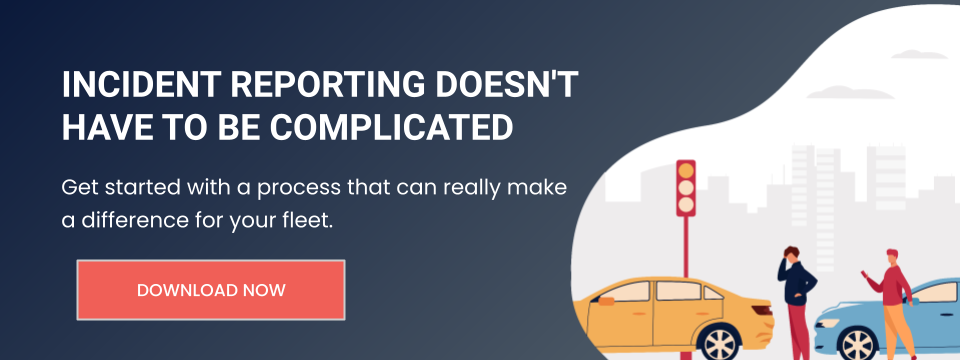Most people are aware of the dangers related to drink driving and regard it as not only risky but also very antisocial behaviour, while frequently ignoring the perils of driver fatigue.
Sleepiness and driving are just as dangerous a combination as any, significantly increasing the chances of a vehicle collision. According to the Road Safety Authority (RSA) of Ire
Research indicates that one in every five crashes on Irish roads could be caused by driver fatigue.
It isn’t straightforward to pinpoint fatigue as the exact cause of a crash; there is no objective test that can be conducted to determine "sleepiness behind the wheel," unlike blood or breath tests that can calculate alcohol levels. Therefore, drowsiness can sometimes be difficult to identify as a decisive factor in any crash.
There are many contributing factors that can induce sleepiness behind the wheel:
- Lack of quality or quantity of sleep (interrupted sleep, chronic "sleep debt," untreated or undiagnosed sleep disorders).
- Driving at times when you would normally be sleeping (along with other factors, also induces "sleep debt").
- Sedative drugs, certain medications, and alcohol.
- Nobody is really immune from driver drowsiness, but some groups are more at risk than others: young drivers (due to lack of experience), shift workers, commercial drivers (who usually drive long distances and at night) and business travellers (often suffering from jet lag or having poor quality sleep).
It is also very difficult for drivers to self-assess their level of fatigue and it becomes harder the more fatigued they get; drivers, especially professional ones, still have confidence in their ability when tired.
Nevertheless, some quite obvious symptoms are a sure sign of driver fatigue:
- Narrowing of attention
- Inability to keep one's eyes open
- Slower reaction time
- Wandering thoughts and daydreaming
- Constant yawning
- Drifting in the lane
Keep in mind that if you are experiencing any of these symptoms of fatigue, it is very likely that your driving performance is already impaired.
The consequences of driver fatigue can be disastrous.
Fatigue impairs mental processing and decision-making abilities. Drivers can lapse into "micro-sleep" without realising it. This may last for only a few seconds, but the risk of crashing is greatly increased. Fatigued drivers do not make any attempt to avoid an impending crash, and that’s why the effects of driver fatigue are so dangerous.
We hope you found the post useful. Feel free to share your comments or questions below.
If you require professional assistance in improving the efficiency and safety of your fleet through vehicle tracking, please do not hesitate to contact us.





